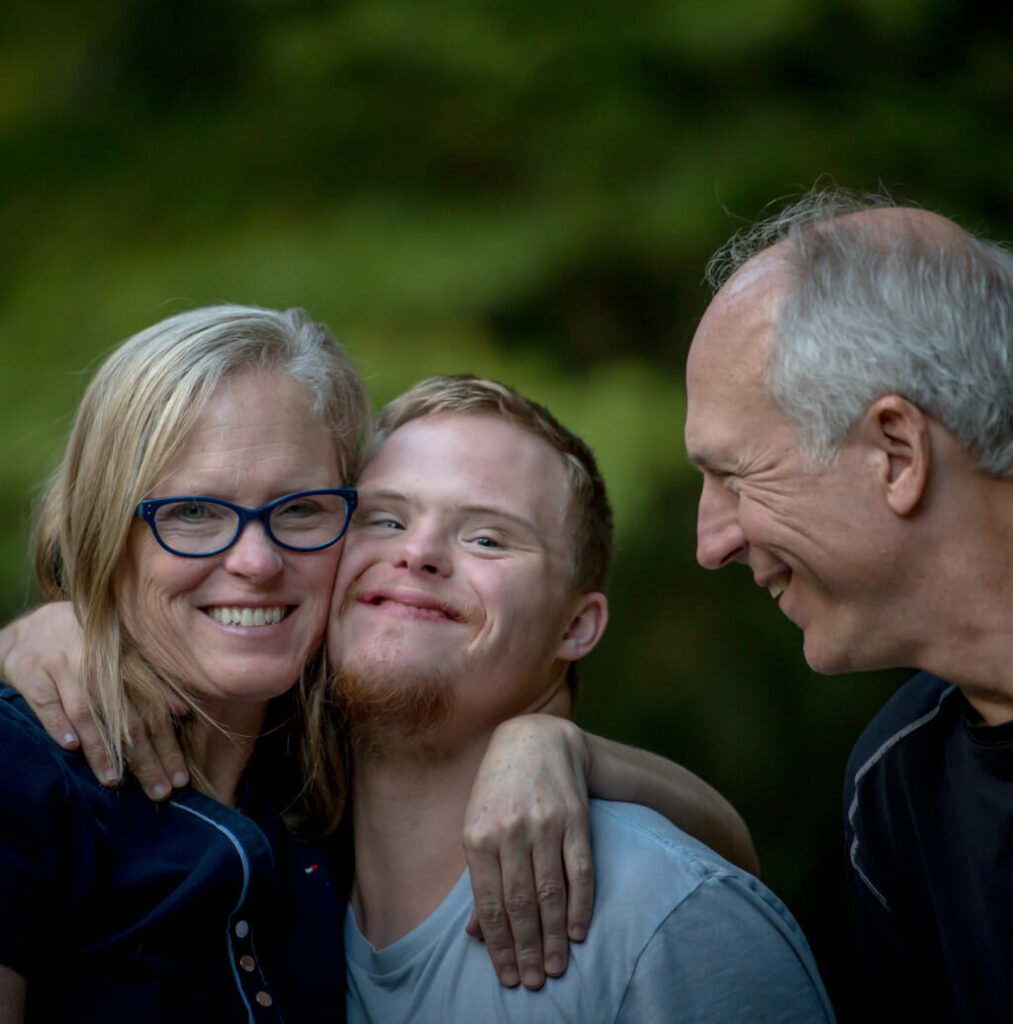
Wilmington Guardianship Lawyer
If you need help appointing a guardian or contesting an existing guardianship, contact our Wilmington law firm today for a consultation.

Guardianship is a legal process in North Carolina where the court appoints a guardian to manage the personal care or finances of an adult who is incapacitated and cannot care for themselves.
At Cline Donaldson PLLC, our experienced Wilmington guardianship attorney assists families throughout the guardianship process. We represent clients in all guardianship matters in New Hanover County and surrounding areas.
4 types of guardianships
What is Guardianship? Are There Different Types of Guardianship?
General Guardianship
The guardian has authority over both personal and financial decisions. This is the most comprehensive type of guardianship.
Guardian of the Estate
The guardian only has authority over financial and legal decisions.
Guardian of the Person
The guardian only has authority over health and personal care decisions.
Guardian ad Litem
The guardian ad litem is only appointed for a particular legal proceeding, such as a court case. Their authority is limited to investigating the ward’s situation and making recommendations to the court.
When is Guardianship Necessary in North Carolina?
- Mental illness or disability
- Traumatic brain injury
- Neurocognitive disorders like dementia or Alzheimer’s
- Other conditions causing severe physical or mental impairment

What is the Role of a Guardian?
A court-appointed guardian is responsible for making personal and financial decisions in the best interest of the incapacitated adult, known as their ward.
Depending on the type of guardianship, the guardian may be authorized to:
Make living arrangements like nursing home care
Ensure the ward receives proper services and benefits
Handle financial matters like paying bills or managing investments
Protect assets from fraud or exploitation
Make healthcare and treatment decisions
What are the steps to get legal guardianship in North Carolina?
Step 1
Petition the Clerk of Court
A guardianship case starts by filing a petition with the Clerk of Superior Court in the county where the ward resides. The proposed guardian must provide evidence the ward is incompetent and requires a substitute decision-maker.
Any interested person can file the petition, like a spouse, child, relative, or Adult Protective Services. The petition should recommend a guardian, although the court ultimately decides.
Step 2
Notify the Proposed Ward
Step 3
Guardian Ad Litem Investigation
Step 4
Guardianship Hearing
At the hearing, the court will review evidence to determine the ward’s incapacity and need for guardianship. Witnesses like doctors may provide testimony. The ward has a right to attend, oppose the petition, and request limitations on the guardian’s powers.
How Can a Guardianship Attorney Help in North Carolina?
Navigating guardianship is complex, so working with an experienced guardianship lawyer is highly recommended. An attorney can:
Advise if guardianship is truly needed or if alternatives like power of attorney exist
Draft the guardianship petition and gather supporting evidence
Represent the proposed guardian at the hearing
Help select an appropriate guardian and propose limited powers
Assist the ward if they oppose the guardianship
Aid the guardian in fulfilling their required duties after the appointment
Having strong legal guidance provides critical help for families throughout the guardianship process. It can reduce costs and delays while ensuring the best interests of the ward.
Contact Us Today
Cline Donaldson PLLC Can Help with Guardianship
Coping with your loved one’s incapacity is hard enough without the confusion of guardianship. Our experienced estate planning attorney at Cline Donaldson PLLC helps North Carolina families navigate this complex process. Whether you need counseling about alternatives to guardianship or representation at the hearing, we make guardianship understandable and ensure your loved one receives proper care.